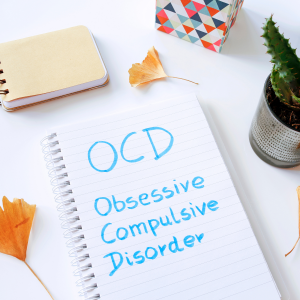Is stress always bad?
No, it’s not always bad. In small doses,stress keeps you motivated, and helps you perform the tasks to your best. Stress helps you protect yourself. It saves your life by making you more focused and by giving you extra strength to defend yourself. It helps you to meet the challenges. It makes your presentation good at work, sharpens your concentration while playing games, or makes you study hard at the time of exam keeping you away from watching TV.
However, if you are running continuously in an emergency mode, then your body and mind may have to pay the price. Beyond a certain point, stress stops helping you and starts damaging your body, your mind, productivity, your relationships and your happy life too.
What does stress mean?
Stress is a normal response of your body to events that make you feel threatened or upset your balance in some way. When you are threatened, your nervous system starts giving a response by releasing stress hormones, including adrenaline and cortisol. These hormones make your body alert for the emergency action.
Your heart beats faster, muscles get tightened, blood pressure rises, breathe becomes fast. These physical changes help your body to increase your strength and stamina, speed up your actions and increase your focus to fight with the danger.
What are the effects of stress on body and mind?
Have you ever found yourself with sweaty hands during exam time or before an interview, or felt your heart beating very fast while watching a horror movie?
When your mind is affected by stress, you face memory problems, poor judgement, negative thinking, moodiness, irritability, sense of loneliness, and depression.
Physical symptoms include pain radiating to your shoulders and arms, stomach ache, stomach upset, nausea, diarrhoea, loss of sex drive, rapid heartbeat, overeating or under eating, sleeping a lot or very less, nail biting, and addiction to cigarettes, alcohol, or other drugs.
Chronic or long term stress may lead to high blood pressure, high cholesterol levels, coronary heart disease, stroke, diabetes, obesity or weight loss.
Your immune system is also affected by stress leading to recurrent illnesses.





























